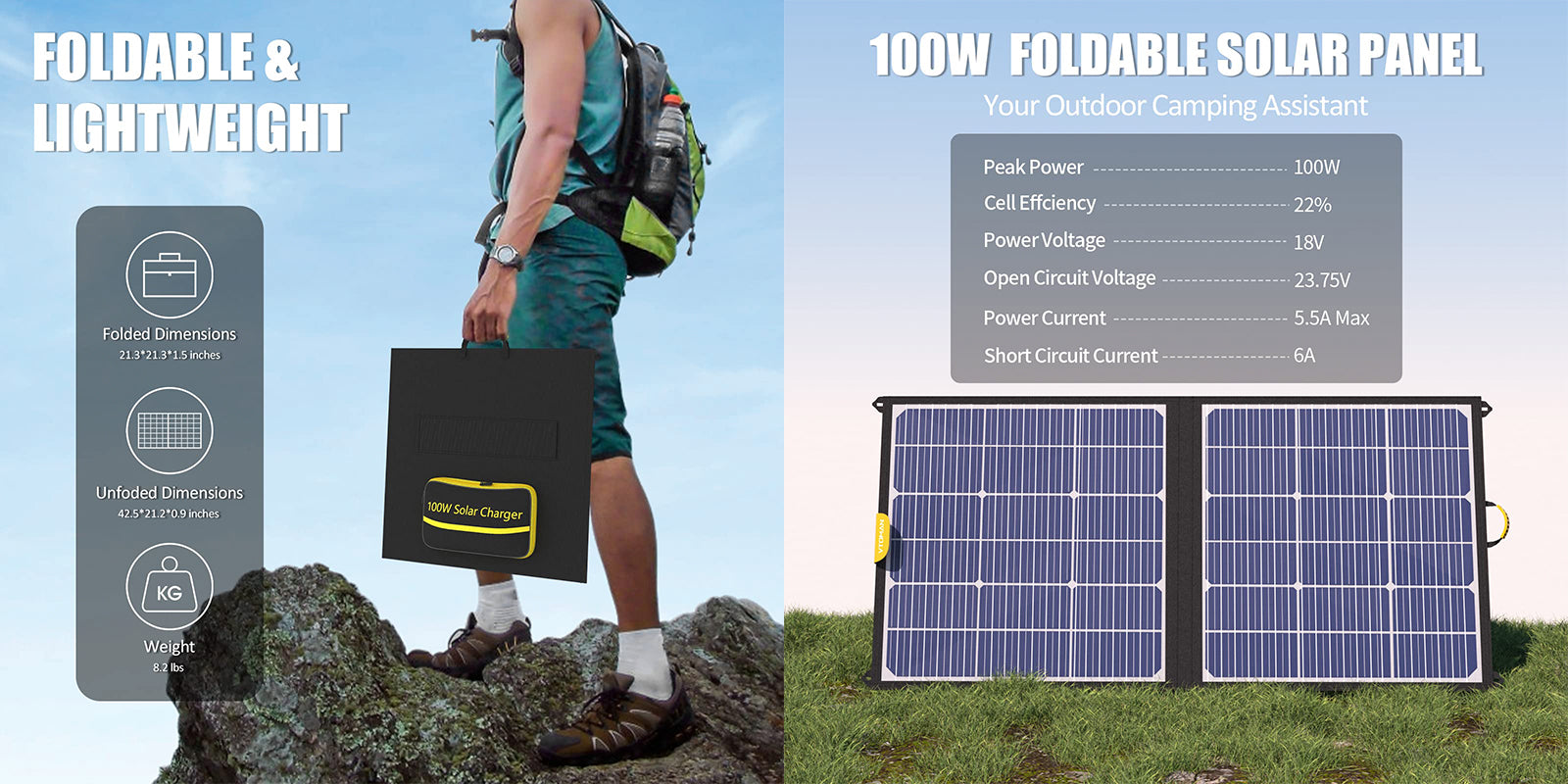Do you think something's wrong? Click me to try rv solar panels.
Are you considering installing solar panels on your RV? With the increasing popularity of renewable energy, many RV owners are turning to solar power as a sustainable and cost-effective solution for their energy needs. In this article, we will delve into the technical aspects of installing solar panels on your RV, providing you with a comprehensive understanding of the process.
Choosing the Right Solar Panels
When it comes to selecting solar panels for your RV, there are a few key factors to consider. Firstly, you need to determine the power requirements of your RV. This will help you determine the number and wattage of solar panels you need. Additionally, you should consider the physical dimensions of the panels and whether they can fit on your RV's roof or if you need to explore alternative mounting options.
It is also important to choose solar panels that are specifically designed for RV use. These panels are typically more durable and lightweight, making them ideal for the mobile nature of RVs. Furthermore, they often come with features such as bypass diodes to minimize power loss in shaded areas, ensuring optimal performance even in less than ideal conditions.
Understanding the Solar Charge Controller
The solar charge controller is a crucial component of any RV solar panel system. Its primary function is to regulate the flow of electricity from the solar panels to the RV's batteries. This prevents overcharging, which can damage the batteries, and ensures efficient charging for maximum battery life.
There are two main types of solar charge controllers: PWM (Pulse Width Modulation) and MPPT (Maximum Power Point Tracking). PWM controllers are more affordable but are less efficient in converting solar energy into usable power. On the other hand, MPPT controllers are more expensive but offer higher efficiency, especially in low-light conditions.
Installing the Solar Panels
Before installing the solar panels on your RV, it is essential to plan the layout carefully. Consider factors such as the orientation of the panels for maximum sunlight exposure and the routing of cables to minimize any potential shading. Additionally, ensure that the panels are securely mounted to withstand the vibrations and movements of the RV.
When connecting the solar panels to your RV's electrical system, it is recommended to use appropriate connectors and cables that are designed for solar applications. This ensures optimal power transfer and minimizes the risk of electrical issues. It is also crucial to follow the manufacturer's instructions and any applicable safety guidelines during the installation process.
Maintaining Your RV Solar Panel System
Once your solar panel system is installed, it is important to maintain it properly to ensure its longevity and optimal performance. Regularly inspect the panels for any signs of damage or debris that may obstruct sunlight. Clean the panels with a soft cloth and mild detergent to remove any dirt or grime that can reduce their efficiency.
Additionally, monitor the performance of your solar panel system and check the battery charge regularly. This will help you identify any issues or inefficiencies and take appropriate action. It is also advisable to keep a record of your solar panel system's performance over time, allowing you to track its effectiveness and make any necessary adjustments.
By understanding the technical aspects of installing solar panels on your RV, you can make informed decisions and ensure a successful and efficient solar power system. Whether you are a seasoned RV owner or just starting your journey, harnessing the power of the sun can enhance your RV experience while reducing your environmental impact.
